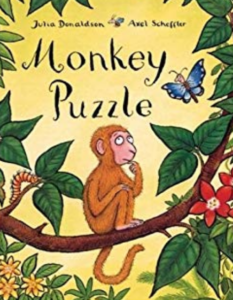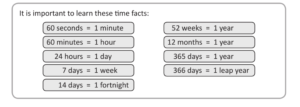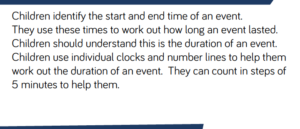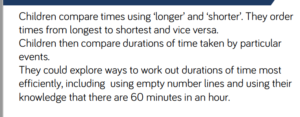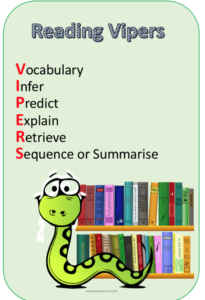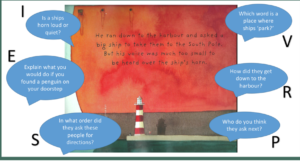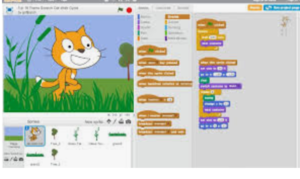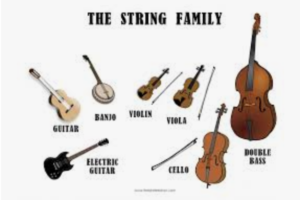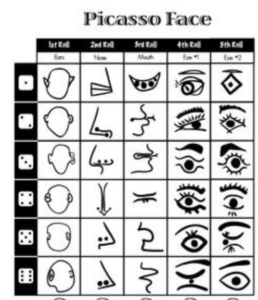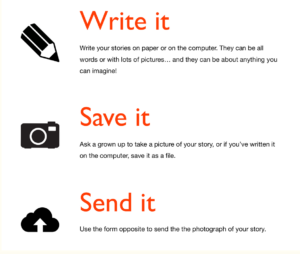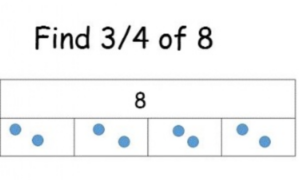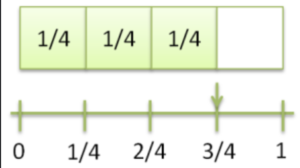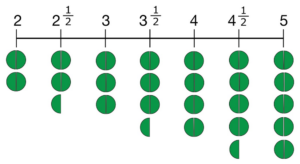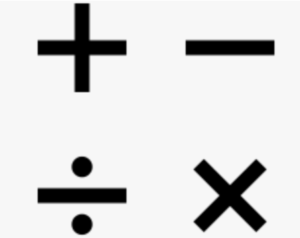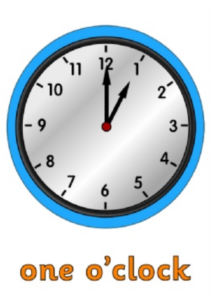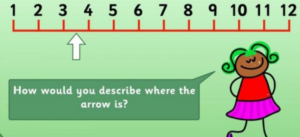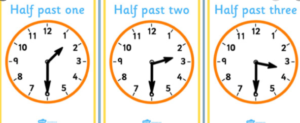Welcome to Westminster Bridge Class.
Class teacher: Mrs Ramakrishnan
Teaching assistant: Miss Dale
English – Writing
The Monkey Puzzle – Julia Donaldson
| We will then create missing posters to help the young monkey find his mum. The children will take part in lots of writing opportunities based on this story. Over the next two weeks the children will write their own version of the story as part of our BIG WRITE.
The children will then create missing posters to help the young monkey find his mother. This week the children will understand how Monkey Puzzle fits a losing tale. A losing tale often starts with the main character having a valuable item. The character loses the precious item and has to either search for it or face the consequences of losing it. The story may end with the valuable item being found again. Towards the end of the week children will innovate a prequal and a sequel to the Monkey Puzzle. Prequal – The child will think about what could have happened before the monkey lost his mum :(. Sequel – The children will continue the story. |
Maths – Shape
- To understand quarter to and quarter past
- To tell time to the 5 minutes
- To recap how many minutes in an hour, hours in a day
- To find durations of time
- To compare durations of time
– To understand quarter to and quarter past
|
| Our new class read is The Last Polar Bears by Harry Horse. We will also be learning some new reading skills as a whole class using ERIC. The children will build their repertoire of different reading skills through the year. |
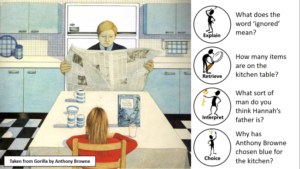 When reading with your child, please use VIPERS when asking them questions on the book they are reading.
When reading with your child, please use VIPERS when asking them questions on the book they are reading.Below you will find a list of possible questions to help you with conversations about your child’s reading. They are not intended to be used all at once or every time you read with your child. Use them at your discretion and where they are appropriate. Happy Reading.
Questions to ask before you read
- Can you look at the pictures and predict what you think will happen in this book?
- What makes you think that?
- What characters do you think might be in our story?
- Do you think there will be a problem in this story? Why or why not?
- Does the topic/story relate to you or your family? How?
Questions to ask during the reading
- What do you think will happen next?
- What can you tell me about the story so far?
- Can you predict how the story will end?
- Why do you think the character did _______?
- What would you have done if you were the character?
- How would you have felt if you were the character? (use different characters)
- As I read____________, it made me picture________ in my head. What pictures do you see in your head?
- As you read, what are you wondering about?
- Can you put what you’ve just read in your own words?
Questions to ask after reading
- Can you remember the title?
- In your opinion, was it a good title for this book? Why or why not?
- Were your predictions about the story correct?
- If there was a problem, did it get solved?
- What happened because of the problem?
- Why do you think the author wrote this book?
- What is the most important point the author is trying to make in his writing?
- What was your favorite part of the story?
- If you could change one thing in the story, what would it be?
- Can you retell the story in order?
- If you were __________, how would you have felt?
- What is the most interesting situation in the story?
- Is there a character in the story like you? How are you alike?
- Why did you like this book?
Our ICT slot is on Tuesday afternoon. We are photographers is the name of our new unit. In this unit, the children review photos online, practise using a digital camera, take photos to fit a given theme, edit their photos, and then select their best images. Children will also select images to create a comic.
Is your child an author?
If yes, head over to Grant Koper’s website. Your child has the opportunity to have their story published on his website and their story read out of YouTube by Grant himself!!!
English – Writing
The Monkey Puzzle – Julia Donaldson
We will then create missing posters to help the young monkey find his mum. The children will take part in lots of writing opportunities based on this story. Over the next two weeks the children will write their own version of the story as part of our BIG WRITE.
This week we will be news reports talking to a little monkey who has lost his mummy! The children will then create missing posters to help the young monkey find his mother.
Maths – Shape
- To find ¾
- To count fractions
- Recap calculating strategies
- Consolidate o’clock & half past
We will be recapping o’clock & half past then we will move on to quarter to and quarter past.
For half past, the children will taught that the hour hand is in between two hours and the minute hand will be pointing towards the six.
| Our new class read is The Last Polar Bears by Harry Horse. We will also be learning some new reading skills as a whole class using ERIC. The children will build their repertoire of different reading skills through the year. |
 When reading with your child, please use VIPERS when asking them questions on the book they are reading.
When reading with your child, please use VIPERS when asking them questions on the book they are reading.Below you will find a list of possible questions to help you with conversations about your child’s reading. They are not intended to be used all at once or every time you read with your child. Use them at your discretion and where they are appropriate. Happy Reading.
Questions to ask before you read
- Can you look at the pictures and predict what you think will happen in this book?
- What makes you think that?
- What characters do you think might be in our story?
- Do you think there will be a problem in this story? Why or why not?
- Does the topic/story relate to you or your family? How?
Questions to ask during the reading
- What do you think will happen next?
- What can you tell me about the story so far?
- Can you predict how the story will end?
- Why do you think the character did _______?
- What would you have done if you were the character?
- How would you have felt if you were the character? (use different characters)
- As I read____________, it made me picture________ in my head. What pictures do you see in your head?
- As you read, what are you wondering about?
- Can you put what you’ve just read in your own words?
Questions to ask after reading
- Can you remember the title?
- In your opinion, was it a good title for this book? Why or why not?
- Were your predictions about the story correct?
- If there was a problem, did it get solved?
- What happened because of the problem?
- Why do you think the author wrote this book?
- What is the most important point the author is trying to make in his writing?
- What was your favorite part of the story?
- If you could change one thing in the story, what would it be?
- Can you retell the story in order?
- If you were __________, how would you have felt?
- What is the most interesting situation in the story?
- Is there a character in the story like you? How are you alike?
- Why did you like this book?
- Because it is too cold for trees to grow in arctic habitats, animals find other places to live such as holes in the ground, or in caves made from snow.
- Just like animals in hot deserts have to know how to stay as cool as possible, animals in polar habitats have to know how to stay as warm as possible.
- Some ways that animals in polar habitats stay warm are:
- Developing a thick layer of fat that keeps them cosy
- Having thick fur all over their body and feet
- Having thick layers of feathers
- Burrowing into the ground or into snowbanks (like igloos! )
- Migrating south during the coldest months
- Hibernating (sleeping) during the coldest months
Our ICT slot is on Tuesday afternoon. We are photographers is the name of our new unit. In this unit, the children review photos online, practise using a digital camera, take photos to fit a given theme, edit their photos, and then select their best images. Children will also select images to create a comic.
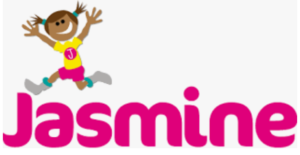
Is your child an author?
If yes, head over to Grant Koper’s website. Your child has the opportunity to have their story published on his website and their story read out of YouTube by Grant himself!!!


